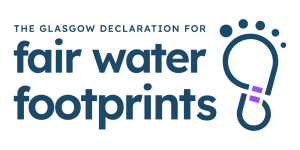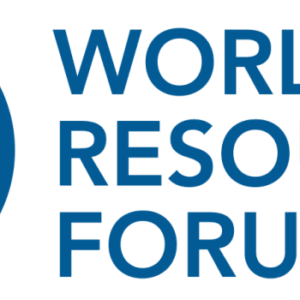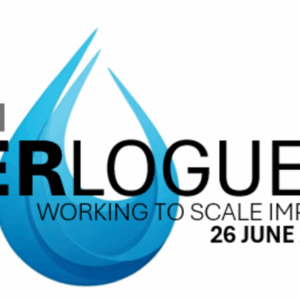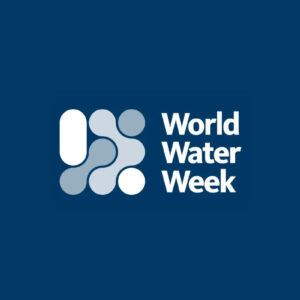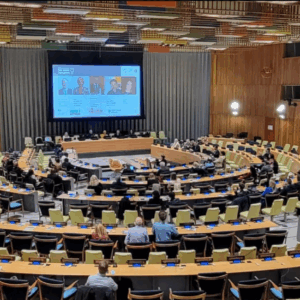Towards sustainable and fair water footprints
Fair Water Footprints: a partnership transforming how the global economy interacts with and values water, in which consumers, the private sector, governments and civil society all have a role
A pair of jeans needs 8,000 litres.
A mobile phone needs a staggering 12,000 litres.
A glass of orange juice takes 200 litres.
Over 40% of Europe’s water footprint lies outside its borders.
50% of the UK’s water footprint comes from unsustainable sources.
Two-thirds of consumers would prefer brands that can demonstrate a fair water footprint; over half would be willing to pay more for their products. Consumer purchasing choices can shift corporate behaviour, reward transparency and encourage more equitable and sustainable water use across global supply chains. There is a growing opportunity to leverage consumer pressure as a catalyst for systemic change, aligning environmental stewardship with market demand.
Companies, banks and financial institutions’ operations and investments are tied to water-intensive sectors such as agriculture, textiles and mining – sectors that are among the primary drivers of unsustainable water use globally.
From a financial and strategic standpoint, continuing with “business as usual” is untenable. It risks compounding water insecurity in key sourcing regions, threatening the long-term viability of investments and undermining corporate commitments to sustainability, climate resilience and human rights. Fair Water Footprints provides a framework to address these risks, supporting more stable markets, resilient supply systems and credible ESG performance.
Many wealthier nations rely heavily on water embedded in the supply chains of goods produced abroad, often in countries already facing critical water insecurity. As climate change accelerates, unsustainable water use in supply chains drives food and water shortages, undermining livelihoods, fuelling displacement and heightening the risk of conflict.
ir Water Footprints provides a framework to promote fairer, more resilient global water use, support sustainable trade, safeguard shared water resources and protect communities whose water is used to support distant economies.
The challenge of water scarcity is stark. By ensuring zero water pollution, zero nature degradation, equitable withdrawals, water, sanitation and hygiene for all workers, and climate resilience in global supply chains, Fair Water Footprints is making sure these operations drive water security rather than create water risks, accelerating progress towards SDG6 – Clean Water and Sanitation for all.
The Fair Water Footprints Declaration has civil society signatories working on human rights, climate change, accountability and water stewardship at local, national and international levels.
How fair is your water footprint?
More about the Glasgow declaration...
30
signatories to date – including 5 observers
5
global businesses and investors
9
governments
16
external support agencies and civil society organisations
265
million people: total population of country signatories
$5.1
trillion: nominal GDP of country signatories signed up so far


